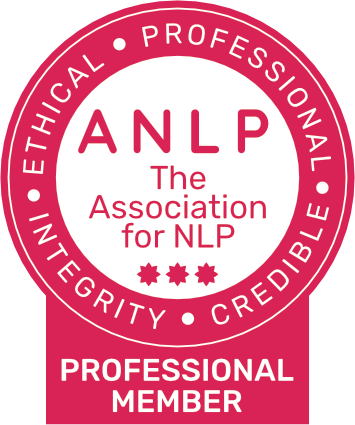Overcoming the 4 most common obstacles to success
How to help your teen manage boredom

We hear it from our teens all the time, don’t we? School is boring. Homework is boring. Revision is boring.
It’s easy to dismiss this as “teenage behaviour” and tell them to just “get on with it.” We assume that getting on with it is possible.
For some teenagers, it genuinely isn’t that easy.
We all have different tolerance levels for boredom and for some teens, boredom is a genuinely uncomfortable feeling.
I see it all the time with the teens I work with. For some, sitting still at a desk to learn is not an issue. But for others, I can see it’s a struggle.
- They fidget
- They constantly move their legs
- They look at the clock
- They sigh and yawn a lot
- They pick at their hair or their skin
- They easily lose focus and forget what they are writing in the middle of a sentence.
Many even apologise profusely for doing this. They are not trying to be rude. They simply can’t help it.
The reason that I can empathise with these feelings is because I feel it too. I discovered later in life that this is because I have ADHD (you can read more about this here if it interests you).
Of course, not all teens have ADHD. But many would benefit from a different approach to make learning more comfortable for them so that they have a better chance of reaching their potential (and enjoy learning!)
Often, our tolerance for boredom has a lot to do with the neurotransmitter dopamine – the chemical responsible for memory, learning, motivation, mood, joy and attention. Teens with lower dopamine levels in the brain are likely to have a lower tolerance for boredom. Low dopamine levels can also lead to procrastination, low self-esteem, lack of motivation, inability to focus and mood swings.
The good news is that there are simple ways to increase dopamine levels that can have an overall positive impact on how your teen feels (and also how they learn!)
Over the years, I have developed a number of ways of increasing my dopamine levels to help with tasks that I would otherwise find boring. My daughter has continued to add to this list as she finds ways to get through her exam years.
Tip 1 - Move a lot
Often teens experience boredom because they are having to sit still for long periods of time when their bodies naturally want to move.
If this is your teen, get them moving as much as possible. There is so much revision content on Youtube now – how much could your teen listen to whilst running or walking?
Certainly, a lot of your teen’s English revision could be done by listening to their set texts on Audible (if they don’t like reading) or listening to the infamous Mr Bruff who has created revision videos for all of the set texts in the English Literature specification. They will learn so much more by doing this than sitting at a desk and staring into space after a long day in the classroom.
Tip 2 – Change location regularly
Sometimes just the sight of the desk they usually sit at for homework will make your teen feel deflated. This is not a helpful state for learning.
But revision and studying does not always have to be done in the same place.
My favourite thing to do at the moment is cycle to the library, do a bit of writing in a café or in the library in town and then cycle back. By the time I get home, I am refreshed and energised and ready to work at my desk again.
Sometimes I do this with my daughter and sometimes I do it with other self-employed friends. It provides a level of accountability and makes working more fun.
Tip 3 - Make time to try new things and new places
If your teen has the kind of brain that is always seeking out novelty, providing opportunities for this will re-energise them.
In our house, Saturdays are our day off. We used to just allow those days to unfold but we found planning ahead how to make the most out of those days off has made us all feel so much more positive and energetic the following week.
It doesn’t have to be anything big – a new café, shopping in another town rather than our own town, swimming in a different pool or at a different beach, watching a film we haven’t seen before, finding events to go to.
Tip 4 - Try out new ways of revising
I am currently working with a lot of teens in Year 11. This is something that we have been playing with. We have been thinking of lots of creative and new ways to create revision resources.
It has been fascinating to see that every single one of them has chosen a different way. So far, they have been creating their own revision Powerpoint presentations, creating flashcards with pictures rather than words, using single words only to summarise a topic, creating intricate spider diagrams.
I have been bowled over by the amount of work they have been doing between sessions because they are doing what comes naturally to them. Many have commented on how quickly they were able to get it all done.
Tip 5 - Work for short periods of time
For some teens, the thought of studying for a whole hour is simply too overwhelming. Many will work better by focusing for 15 minutes followed by a 15-minute break. Those 15 minutes really add up! It’s far better for your teen to spend 15 minutes completely focused than an hour of procrastinating and wasting time.
If your teen would like some additional support, I am currently running 3-hour breakthrough sessions to help your teen reduce overwhelm, learn how they work best and get organised.

